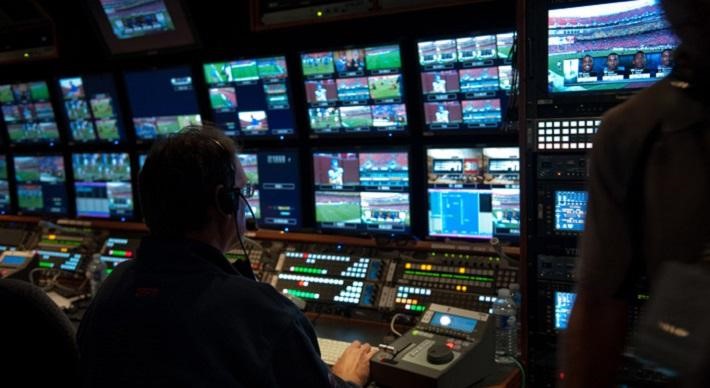Revolutionizing Sports Production: The Art and Science Behind the Screens

Introduction:
In the realm of entertainment, sports hold a unique and irreplaceable position. The excitement, drama, and unpredictability of live sports events captivate audiences around the globe. Behind the scenes, the art of sports production has evolved into a sophisticated and technologically advanced field, ensuring that fans get the best possible viewing experience. This article explores the intricacies of sports production, from capturing the action on the field to delivering it seamlessly to millions of viewers.
The Evolution of Sports Production:
Sports production has come a long way since the early days of black-and-white broadcasts with limited camera angles. Today, the landscape is marked by an array of cutting-edge technologies that elevate the viewer's experience to new heights.
High-Definition Broadcasting:
The transition from standard definition to high definition (HD) revolutionized sports broadcasting. Crystal-clear images, vibrant colors, and enhanced detail brought viewers closer to the action than ever before. Subsequent advancements in resolution, such as 4K and 8K, have further heightened the visual spectacle of sports events.
Specialized Cameras and Angles:
Sports production relies on an arsenal of specialized cameras strategically positioned to capture every angle of the game. From high-speed cameras for slow-motion replays to aerial cameras providing breathtaking bird's-eye views, the variety of perspectives enhances the storytelling aspect of sports broadcasts.
Augmented Reality (AR) Graphics:
Augmented reality has made a significant impact on sports production, introducing interactive graphics that overlay the live footage. Virtual first-down markers in football, player statistics, and dynamic overlays contribute to a more informative and engaging viewing experience.
Advanced Graphics and Analysis:
Sports analysis has become more sophisticated with the integration of advanced graphics and data analytics. Viewers can now access real-time statistics, player insights, and tactical breakdowns, adding depth to the narrative and catering to the growing appetite for in-depth sports coverage.
Immersive Audio:
The importance of audio in sports production cannot be overstated. Immersive audio technologies enhance the sense of being in the stadium, capturing the cheers of the crowd, the thud of the ball, and the players' on-field communication. This auditory experience adds an extra layer of realism for viewers.
Remote Production and Virtual Studios:
Remote production workflows have streamlined the logistics of sports broadcasting. Virtual studios and augmented reality sets allow broadcasters to enhance the production value without the need for extensive physical setups, providing flexibility and cost-effectiveness.
Challenges and Innovations:
Despite the advancements, sports production faces challenges such as the demand for real-time content delivery, the need for comprehensive data integration, and the quest for sustainability in production practices. Innovations like 5G connectivity, AI-driven analytics, and virtual reality (VR) are poised to address these challenges, opening new avenues for enhanced sports experiences.
Conclusion:
Sports production has evolved into a dynamic and multifaceted discipline, combining technological innovation with creative storytelling. As technology continues to advance, the future promises even more immersive and interactive sports experiences for fans worldwide. Whether it's a nail-biting goal, a game-changing play, or a record-breaking moment, sports production plays a crucial role in bringing the thrill of live sports to screens everywhere, uniting fans in the shared excitement of the game.